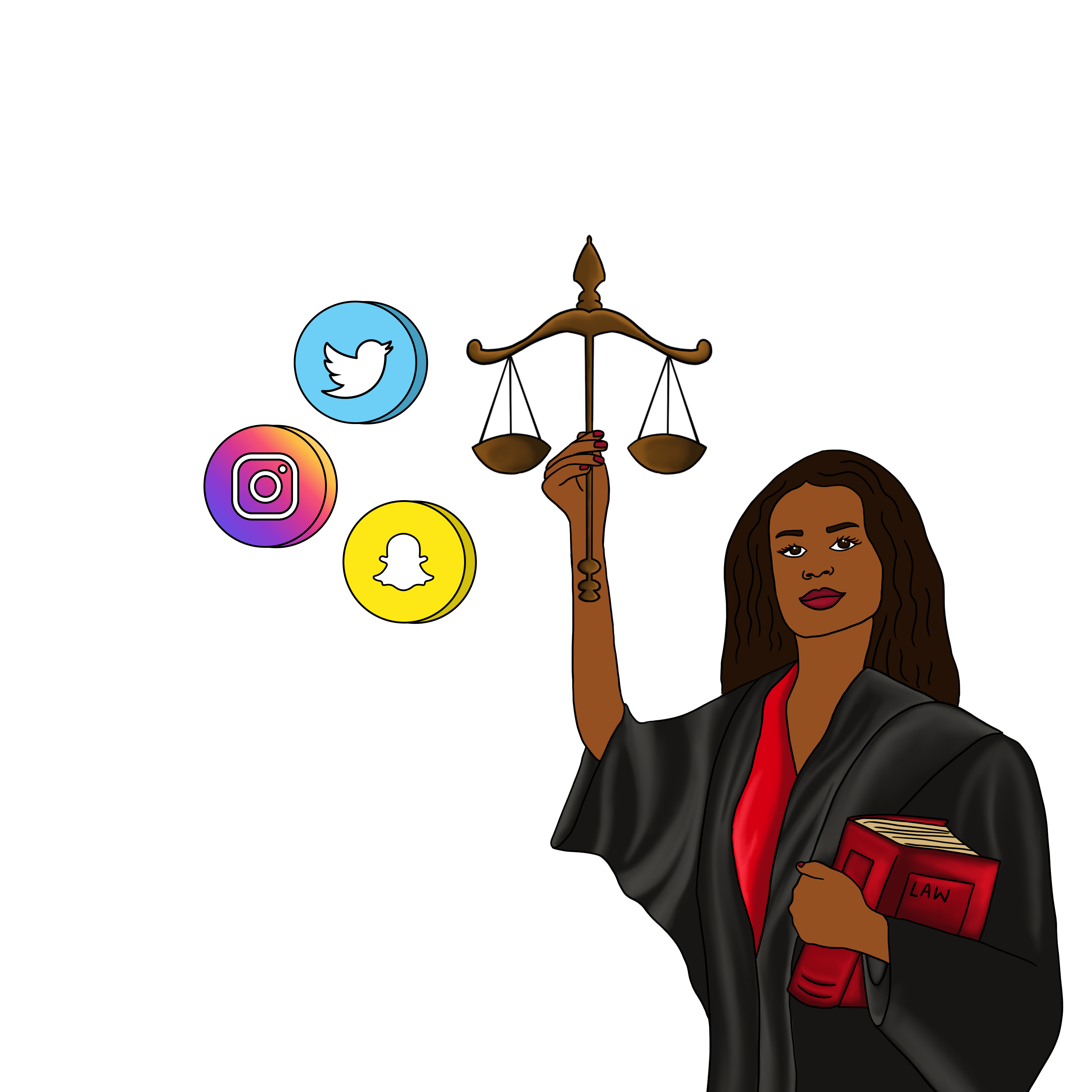Here’s some unsolicited advice in the age of social media:
“Don’t feed the trolls.”
“Stay low.”
“Ignore.”
Like most unsolicited advice, this too is ineffective.
In Pakistan, trolling is rarely funny. It’s toxic, traumatic, and unsettling.
Earlier this year, when I was interviewing women information practitioners for a DRF study on the mechanics of online harassment in Pakistan, I spoke to many survivors. Survivors who continue to speak despite the daily mentions on Twitter, the comments drowned in a slur, derogatory terms, slut-shaming, stalking, blackmail and other forms of cyber harassment.
Of the women surveyed, 48/60 (80%) said cyberbullying limits their freedom of speech and has led them to reconsider what they post online.
Some cited instances where they voluntarily deleted their social media accounts due to the hostile digital environment, others shared that trolls had gone to considerable lengths to silence their voice by hurling death and/or rape threats and even reporting their account to Twitter, that sometimes led to temporary suspension.
The impact of online abuse is far more damaging offline. Besides the uncomfortable aspects one might shake off, internet trolls spread spurious accusations, ruin reputations and have even caused cases of suicide.
One of my interviewees shared that a coordinated campaign to silence her on social media involved threats to her family and the use of doctored images. “It made me feel so insecure that I made two suicide attempts,” she confessed.
Online abuse is changing the way women navigate online.
It has a silencing or censoring effect on women, who are increasingly going offline to avoid the daily distress of dealing with mass trolling and unwarranted gendered criticism.
More importantly, online abuse has a serious psychological impact with women reporting stress, anxiety or panic attacks as well as lower self-esteem as a result of the abuse.
According to an online poll conducted by Amnesty International, around 2/3 of women who experienced abuse or harassment on social media platforms reported a sense of powerlessness after experiencing online abuse or harassment
Women who spoke to Amnesty International during the course of its investigation spoke of increased anxiety, a loss of self-confidence, trouble sleeping, and an overall feeling of disempowerment after experiencing violence and abuse on Twitter.
So, how does one survive?
Engagement with women on their experiences and observations has convinced me that there is a way out. Here’s more unsolicited advice, but worth giving a shot:
Develop, make use of support groups: The backlash is collective; hence the response should be collective. The lesson is that you are not alone: share, be heard, galvanize support, and stimulate protest on women-only groups/forums.
Befriend the mute button: Mute the conversation or straightaway block the trolls that cause any emotional distress.
Know your digital footprint: Do regular searches to find what information about you is out there online, see if you can ask for any of it to be taken down. This way you will be able to report swiftly if any information or pictures have been misused.
Know your rights:If you can, report the incident (for example to the social media website, to the police, to organizations such as DRF at their helpline). Share it with others so they know about the harassment and can also report the incident.
Let it out:Talk to your friends, to your family, get professional help if you need it — it is natural to feel worried and fearful. Don’t let it pile up.
Feel safe:Lastly, but most importantly, do whatever you need to do to be and feel safe, physically and emotionally – if this means going off the online grid, so be it.





